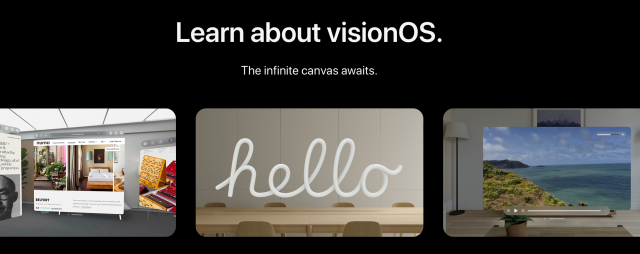The unsung hero of visionOS is the SDK; Apple is leveraging every bit of the platform they've been building for nearly 20 years for its new spatial computer, and it shows. It’s virtually everything of iPhone & iPadOS and then some. Not a simplified version, not a do-over. Transitioning existing apps is easy, trivial even, and all that shared code can be used across iPhone, iPad, Mac and Vision (and in many cases Watch & TV). Does Microsoft or Google have bandwidth, or focus, to compete?

miki
in reply to Steve Troughton-Smith • • •miki
in reply to miki • • •kccqzy
in reply to miki • • •@miki I wouldn't be so quick to dismiss Microsoft or Google. There are two different models here: Microsoft can choose the Xbox model where they make the hardware, software, and custom chips; or they can choose the Windows model where they leave the hardware to others and make the software cater to the lowest common denominator. I am certain Microsoft will go with the former. Similarly for Google—they have had several generations of Pixel phones with custom hardware, custom chips, and custom software (yes there are Pixel-only features in Android!).
So in my opinion all three companies could pull it off if they really wanted to, but it's not a given that they want to compete with Apple on this front. Especially not Google.